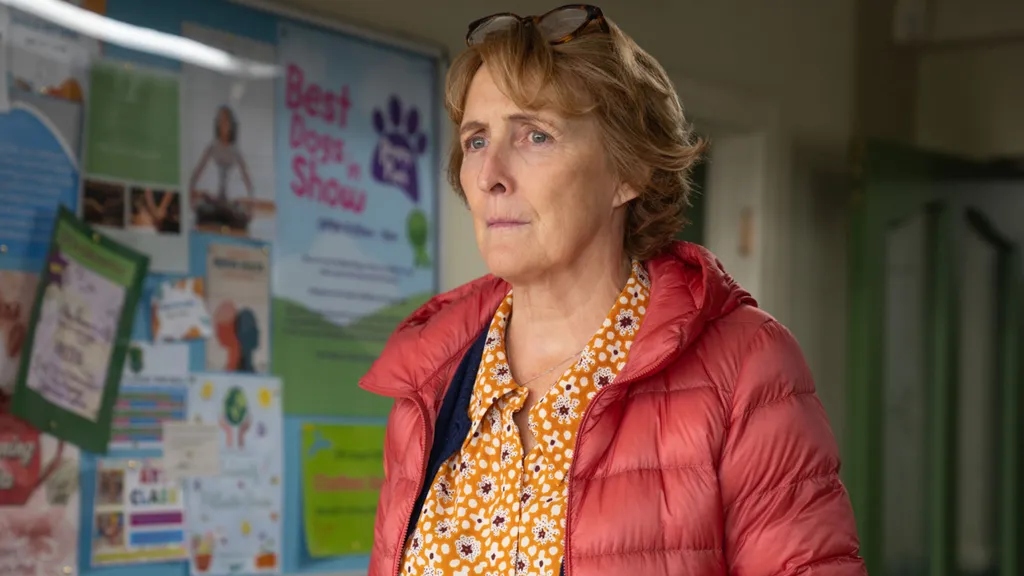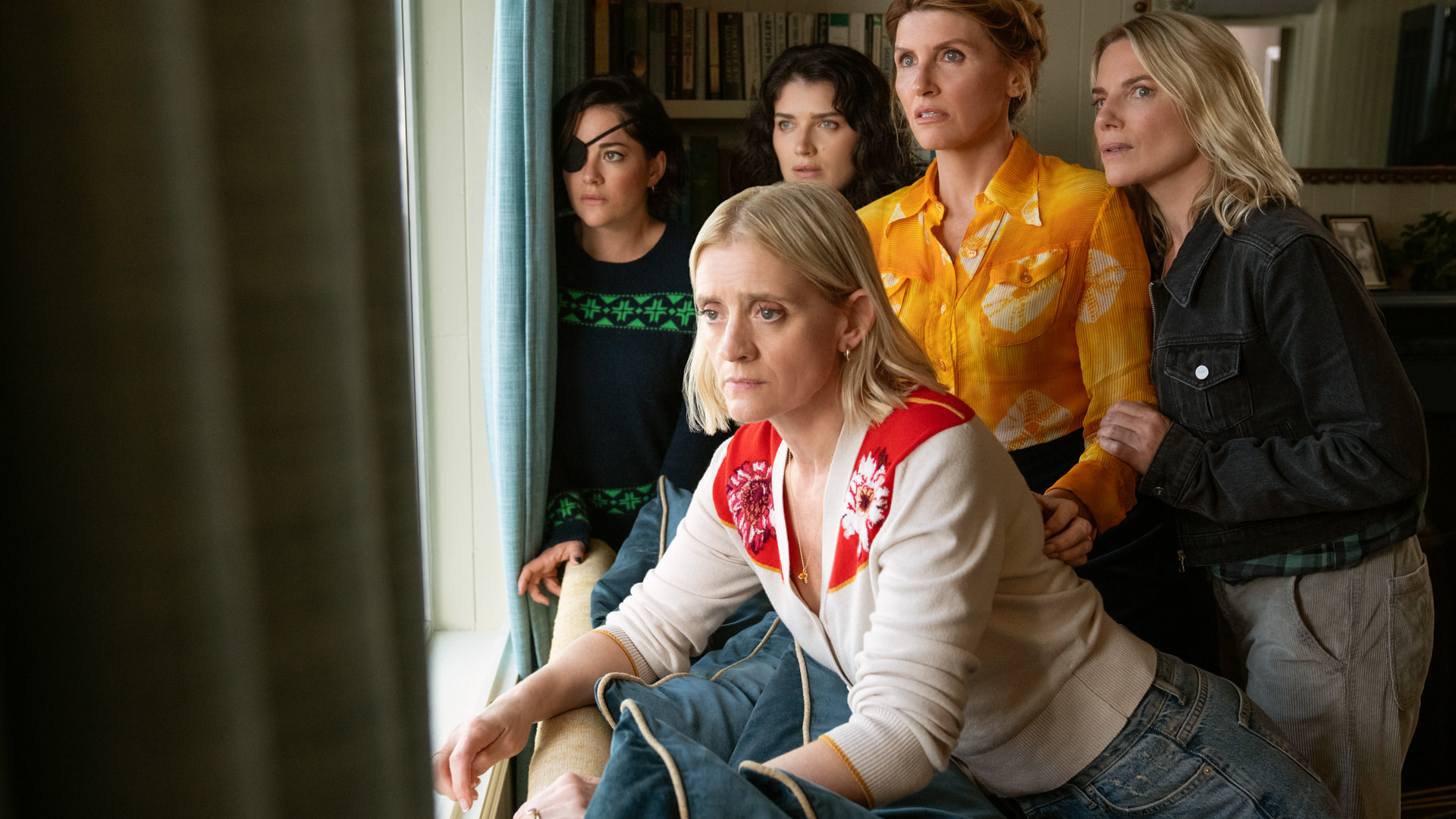
Bad Sisters season 2 got off to a flying start and the first two episodes didn't disappoint those concerned it wouldn't live up to its predecessor - but who is the new character, Angelica?
If you needed a thorough Bad Sisters season 1 recap before diving headlong into season 2, you can absolutely be forgiven - there was a lot to remind yourselves of after a long two-year wait. It has to be said, the first two episodes have been absolutely blinding, quieting the naysayers who didn't believe a second outing for the Garvey sisters was necessary.
It was brilliant to see PJ Harvey and Tim Phillips' Who by Fire remained intact as the series theme tune, accompanying another clever sequence depicting little Easter eggs for how the story might play out. While that remains the same, there were of course some changes, and one of those being the introduction of some new characters. Viewers are particularly interested in Angelica, and we take a look at the new addition, and what she might mean for our favourite Bad Sisters.
Who is Angelica in Bad Sisters?
Angelica is Roger Muldoon's sister in the series. If you cast your mind back to season 1, Roger was Grace and JP’s neighbour, and JP tried to destroy Roger's life by tricking the neighbourhood into believing he was a paedophile. Roger also helped Grace stage JP's death to look like an accident, and helped her move his body. Grace is now living with with her new husband in their seaside abode, and Roger, struggling with his part in covering up a murder, has also left their old neighbourhood to live with Angelica.
Angelica is quite a religious person, but also very lonely and lacking a lot of self-awareness. She's introduced in the show as 'The Wagon,' an Irish slang term referring to anyone who is brash, obnoxious, unlikeable and usually a woman. Fiona Shaw, who portrays Angelica, has spoken at length about the dynamic her character brings to the show, on clips shared to YouTube.
"She's an oddbod who is living with her brother and some rabbits," Fiona says, adding "she doesn't have the biggest life and certainly doesn't have the glamorous life of those sisters, and she certainly doesn't have the company of those sisters. So she's completely at odds with them and I think she's delusional to think she can be friends with them yet she thinks she can."

Adding further insight into what to expect from Angelica, Fiona suggests she walks a fine line between loneliness and extreme self-importance. She explains "Self-aggrandisement is always comically good, and she really thinks she's a very important friend. I know an Angelica and you know an Angelica, and it's just this boundaryless, self-important felling that really hints at someone who has an emptiness in them and a loneliness."
The actress concludes: "I think she thinks she's the hero in a movie of her own life. And she's playing absolutely the heroine. Her friendship plays a major role and is a marvellous tool of her self-aggrandisement." This succinctly sums up everything about Angelica, and someone that desperate for friendship while being simultaneously so lacking in self-awareness, could either be the hero she wants to be, or the biggest hindrance to the Garvey clan.
Where have you seen Fiona Shaw before?
Fiona Shaw will be known to many generations as Petunia Dursley in the Harry Potter films. Aside from that iconic role, she's a highly decorated actress of film, television and theatre. In recent years, viewers will remember her for playing Carolyn Martens in the BBC series Killing Eve, and for appearances in Fleabag, Baptiste, and Andor.
Having worked extensively in theatre, Fiona fell into television acting almost by accident, at the age of 28. Speaking to Bustle about the reasons for this, she says "It didn’t have the artistry it has now. In a way, television has become theatre; you get to know the characters. Sometimes on Killing Eve, I might only have two scenes in an episode, but because the story unfolds over weeks, you get to play all these different aspects, as you would on stage.
You get a much bigger arc of the human potential, which is fundamentally what actors want to play. You want to play the contradiction. I was never aspiring to be in EastEnders. Nothing against EastEnders, it’s an important part of the culture, but there were very few things on TV back then that had an explosive value. I was right to stay in the theatre."







